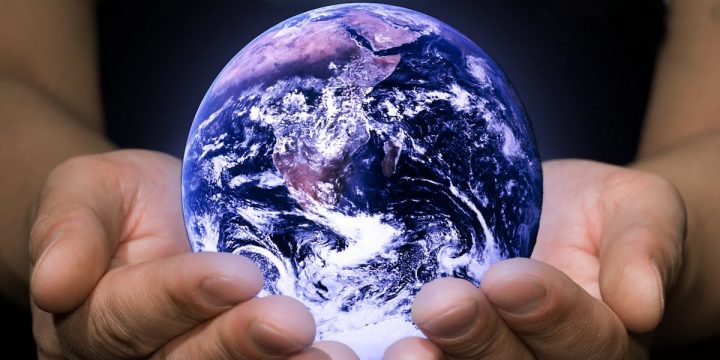Everything’s changing very rapidly in the last few weeks — economically, ecologically, technologically, and socially. Different from other large scale disruptions, this one has no end in sight. Hurricanes, earthquakes, and blackouts have a short life span; everyone waits for the problem to pass and then starts reconstruction and a quick return to daily life as usual.
The coronavirus is very different. Most people are working on finding new solutions; no one is just waiting for the problem to pass. For example, for many years tech companies have been experimenting with having staff work from home but it has never really been addressed and implemented at a large scale. Seattle, one of the cities in the US most affected by the virus, is headquarters to some of the world’s largest tech companies, including Microsoft and Amazon. In the last week, most of these companies have requested their staff work from home, and some of them have made it mandatory (“Microsoft, Amazon and other tech firms urge employees to work from home to slow spread of coronavirus” Seattle Times 3/4/20). This alone could transform work and lifestyles for ever. No more commuting, office buildings, traffic jams, parking lots, and so on.
A few days ago, a satellite image started to circulate comparing Beijing before the virus and after China’s lockdown (“Coronavirus: NASA Reveals How China’s Lockdown Drastically Reduced Pollution,” Forbes 3/3/20). The image showed pollution clouds on one side and those clouds disappearing on the other. The production slowdown has led to air traffic reductions, people working from home, and so on, and might help us reach the Paris Agreement’s long-term temperature goal (“Coronavirus could cause fall in global CO2 emissions” The Guardian, 3/10/20)
Every country is trying to deal with the virus in its own way, but the virus respects no national border, and with the current rate of a million of people traveling every single day, it’s almost impossible to control it in the long term. Italy is a good example; putting the country in lockdown is going to have other types of consequences, perhaps as damaging as the virus itself (“Italy just locked down the world’s 8th biggest economy. A deep recession looms,” CNN International 3/11/20). Italy’s economy relies heavily on tourism, and the lockdown could put thousands of businesses and workers in immediate economic hardship and could affect institutions, such as banks, real estate developers, and farmers, that could go reach beyond tourism.
This emergency is a global issue, as our economic, ecological, environmental, energy, food production, communication and technological systems all work in structure.
We are ALL living on the same, connected planet and we will need a new level of understanding, development, and type of project for the future. We have to stop thinking about only our own selves, our own family, our own neighborhood, our own country. This virus goes directly against the way we structure our health systems. To have everyone paying for their own health insurance covering their own expenses is ridiculous. A virus doesn’t work like that. The problem is not only if you get the virus but what happens to the people that you might contaminate, as there is no social health insurance.
The disastrous consequences of WWII, which ravaged much of Europe and caused millions of deaths, gave birth to the United Nations. The UN was founded to safeguard democracy, freedom and peace in the aftermath of Nazism and World War II. And the UN’s predecessor, The League of Nations, was created as a direct result of World War I.
As John Lennon sings in “Imagine,” we hope that, in the aftermath of the coronavirus, the world will come together to let go of all previous beliefs, prioritize the life and wellbeing of every human being on the planet, and commit to using the tools and methodology of nonviolence in order to advance the building of a Universal Human Nation.










